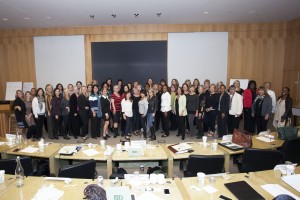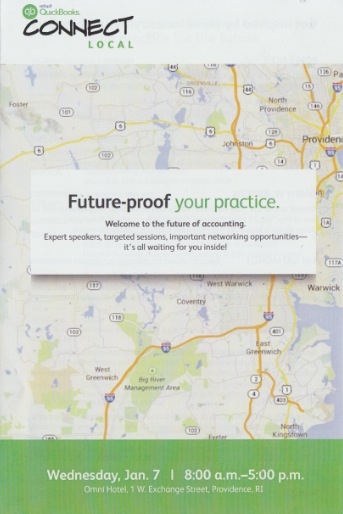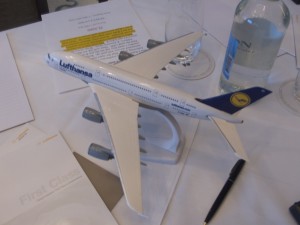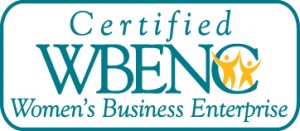
WBENC Tuck Class of 2014
As I continue to reflect on the achievements of the past year and plan for an even better 2015, I have to give credit to the Women’s Business Enterprise National Council for all they do to accelerate the growth of women-owned business enterprises (WBE’s). I am especially grateful for my participation in WBENC’s signature executive education program last year. The Tuck-WBENC Executive Program is an intensive, five-day executive development program that focuses on increasing the competitive advantage and robustness of each participant’s own business. About 50 WBE attendees formed a learning community that continues to provide a source of support, expertise, opportunities, and strategic alliances long after our graduation.
This executive development program is designed to help WBEs that are beyond the startup phase to assess, improve and grow our businesses. To survive and prosper in today’s fast-moving, highly volatile business climate, WBEs must ensure we have all the essential components of a highly integrated business, such as:
- Financial analysis and decision making
- Clear and focused strategy
- Superior value
- Creating customer orientation
- Optimal core business processes
- Motivated and empowered staff
- Carefully managed relationships for long-term success
Graduate professors from the Tuck School of Business at Dartmouth engaged us in learning and discussions specifically designed to make a difference in how we think about and operate our businesses when we returned from the program. The primary case study is each participant’s own business. Through collaborative learning groups, we applied the tools we learned to assess and improve our businesses, using the same diagnostic and strategy-implementation approaches that external consultants would use.
The 2014 program brought together a dynamic group of women business owners with the world-class faculty of Dartmouth’s Tuck School of Business and IBM, one of America’s Top Corporations for WBEs. IBM has been the program’s sole underwriter from its start and continues to demonstrate tremendous impact on WBEs, our strategic growth and created an unbreakable bond between the WBE participants.
Held at the IBM Palisades, Dolce property in Palisades, NY, IBM hosted the program and brought key staff from procurement, supplier diversity and marketing to network with the group throughout the week. I’d like to extend special thanks to IBM for its continued support of the program and providing stellar corporate representation: Ginni Rometty, Carol Sormilic, Patrice Knight, Michael Robinson, Luis Cuneo and Katy Brownley. Also in attendance at the 2014 Tuck-WBENC Executive Program were President & CEO of WBENC, Pamela Prince-Eason and WBENC Board Chair and Director of Supplier Diversity for Raytheon, Benita Fortner.
I’d particularly like to thank Pitney-Bowes and Laura Taylor for surprising me by underwriting all of the costs of my participation in the program. I had the good fortune to connect with Pitney Bowes after reading the company’s white paper sharing best practices and lessons learned in business continuity when the company experienced a devastating fire at one of its primary mail sorting facilities in Texas. Thereafter, Pitney-Bowes invited me to join their executives in speaking on a webinar about best practices for small businesses to remain resilient in the face of threats. Pitney-Bowes surprised and delighted us once again when they covered the costs for me to serve as the keynote speaker for Rhode Island’s first ever business continuity conference offered by the Rhode Island Emergency Management Agency. More than 400 senior representatives from the public and private sectors came together for a day of learning about how to build a more resilient future for the state. The Kirkbrae Country Club in Lincoln hosted the event, which included complimentary breakfast and lunch for all of the participants. Pitney-Bowes also provided copies of my book for each participant.
I cannot say enough good things about the WBENC-Tuck executive education program and all of the companies that generously support it, in particular, IBM and Pitney-Bowes. The faculty of the Tuck School of Business at Dartmouth were amazing as they would join us in discussions until very late at night, making this one of the most intense learning experiences I can remember. If you are considering applying to this program, please let me know if there are any questions I may answer. I am grateful for the opportunity to participate in the program; it was truly one of the highlights of 2014. And I hope I can be a more effective leader to scale and grow Prisere LLC to justify the investment in capacity-building made by WBENC, Tuck, IBM and Pitney-Bowes.





